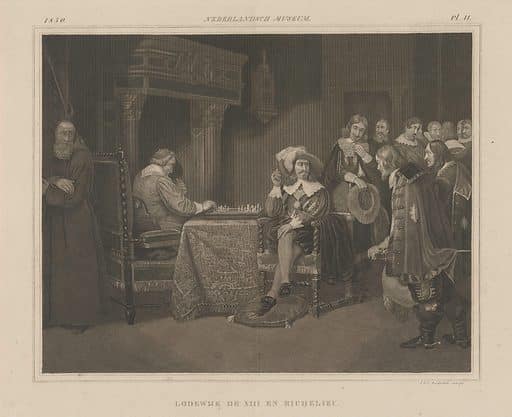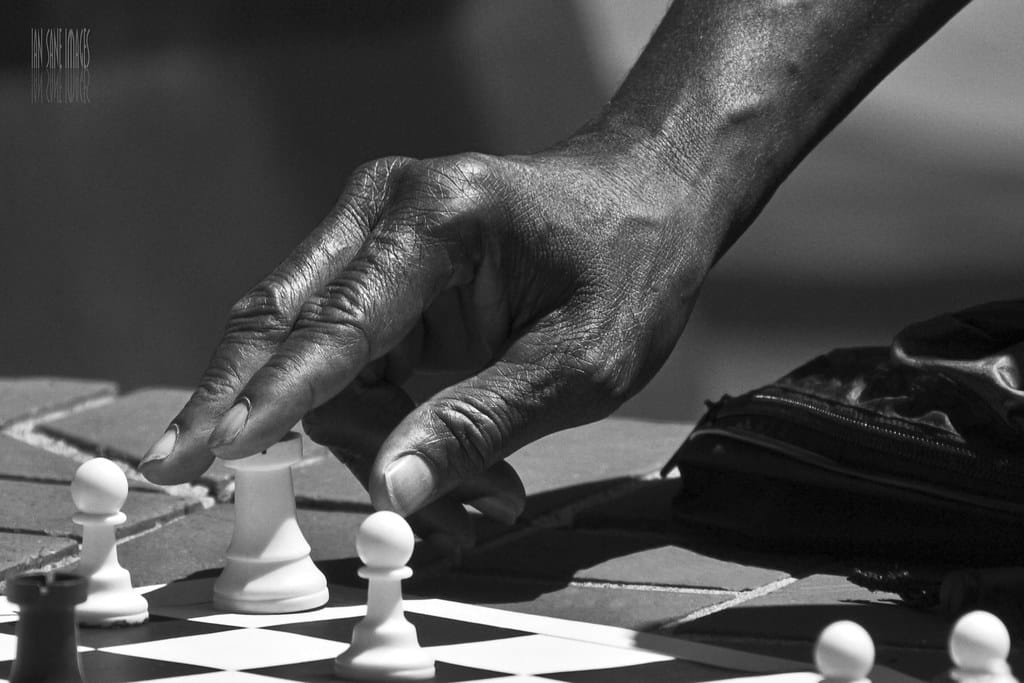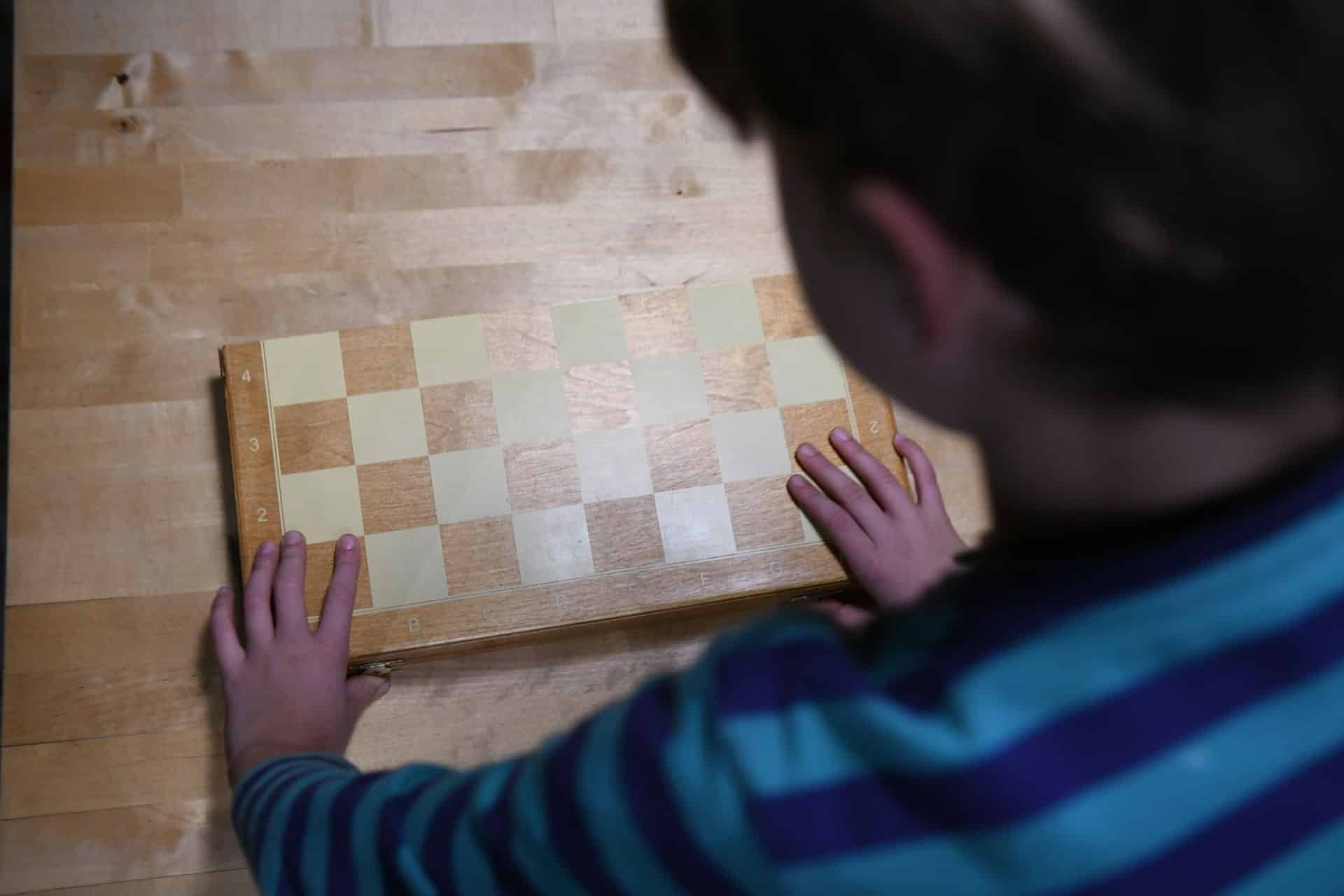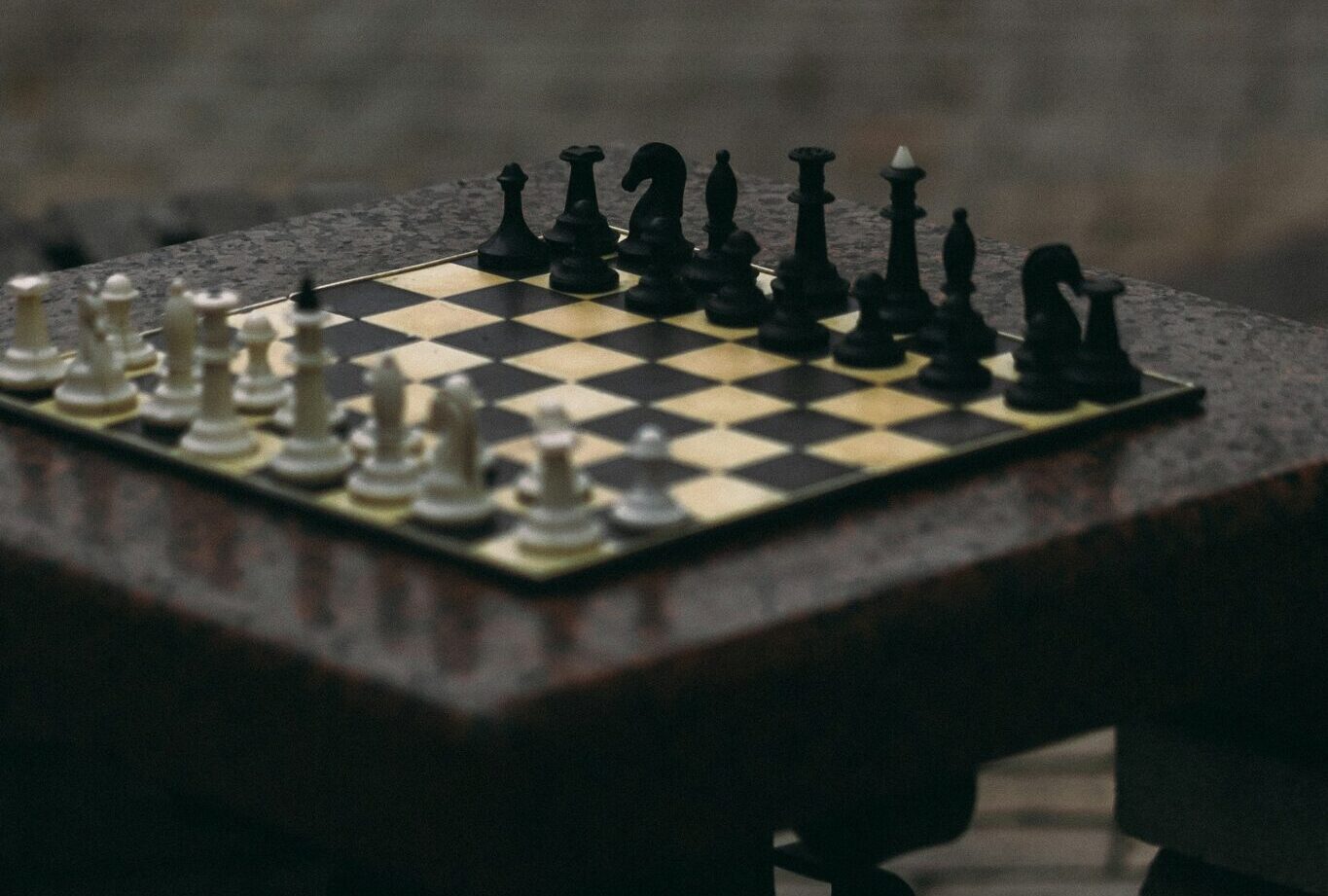Chess is an ancient game that can be both entertaining and educational. It is a game that requires strategy, planning and foresight. With a bit of practice, anyone can learn to play chess. Here are some tips to get you started.
Table of Contents
Learn to play chess
- Understand the board: Before you can start playing, you need to understand how the board works. Learn the names of the pieces and how they move.
- Learn the rules: Read up on the rules of chess, including how to capture pieces, set up the board and win the game.
- Practice: The best way to learn to play chess is to practice. Play against friends or practice against the computer.
With these tips, you can learn to play chess and have fun doing it. Whether you're a beginner or a seasoned pro, chess can provide hours of entertainment.
Chess is a two-player board game popular around the world. It is played on a checkered board with 64 squares and 32 pieces. The goal is to strategically move your pieces around the board and capture the opponent's pieces or checkmate the opponent's king. To play chess you must know the basic rules, understand the different pieces and their movements, and be able to formulate strategies. Learning to play chess in HTML format requires basic knowledge of HTML tags and formatting. To create bold text use the tag, to create lists.

Can I teach myself to play chess?
Yes, you can teach yourself to play chess. It is a game that requires skill, practice, and strategy. It is important to have patience and to start with the basics. You will need to learn the rules, moves, and notation before you can begin playing. To get started, there are plenty of resources available online, such as tutorials, videos, and books.
You may want to set a goal for yourself – such as mastering a certain chess tactic or playing against a computer program. Working through puzzles and exercises is also a great way to learn the game. As you become more experienced, you can challenge yourself with stronger opponents to improve your skills.
It can take some time to become an expert player, but there are plenty of resources available to help you. You can find online chess clubs and forums to ask questions and get advice from other players. Playing often will help you gain experience and become a better chess player.

What should a chess beginner learn first?
Chess is an incredibly complex game, but there are some basics that every beginner should learn first. These include understanding the basic rules of the game, how to move each piece, the different types of moves, and the concept of checkmate.
Learning how to read a chess board is also important to learn to play chess. This means understanding the different squares, how to differentiate between black and white pieces, and how the pieces move. It is also helpful for chess beginners to learn about the common strategies used in the game.
In addition, beginners should understand the value of each of the pieces, the concept of pinning and forks, and the importance of developing pieces. By understanding these basic principles, a beginner can start to develop their own strategies and become a better player.
Is 50 too old to learn chess? Learn to play chess
Chess is a popular game that can be enjoyed by people of all ages. Even if you are 50 years old, you can still learn to play chess! There are some advantages of learning chess at this age:
Experience: You have acquired skills and knowledge over the years that can help you to understand the game better.
Time: You have more free time to practice and learn the game.
Motivation: You can set yourself goals and strive to achieve them.
Learning chess can be a great way to stay mentally sharp and active. There are many resources available to help you learn the game, such as online tutorials, books and classes. With dedication and practice, you can become an expert chess player at any age!
What are the 5 rules of chess?
Chess is an ancient board game that requires strategy and concentration to play. The game of chess has five basic rules that players must follow:
Players must set up the chess pieces correctly at the start of a game.
Players must make a move with one of their pieces on each turn.
Players cannot move their pieces to a space that is already occupied by one of their own pieces.
Players must capture any pieces that their opponent moves to a space they control.
The game is won when one player captures the opponent's King.
These five simple rules are the foundation of the game of chess and are essential for any player to understand. Once these five rules are understood, players can begin to explore more complex strategies and tactics to win the game.
Learning to play chess can be a fun and rewarding experience. For those interested in the game, there are many resources available to help you learn the basics. You can find a wide variety of tutorials, books, and videos to help you build your knowledge of the game and improve your skills.
In addition to learning how to play, it's important to practice and keep up with the latest strategies. There are several online tools and apps available to help you track your progress and find opponents to play against.
Chess is a game of strategy, skill, and patience, and mastering it takes time and dedication. With a little practice and some guidance, anyone can become a skilled player and enjoy the game of chess.
If you liked this post about Learn to play chess you should read about Chess instant.






